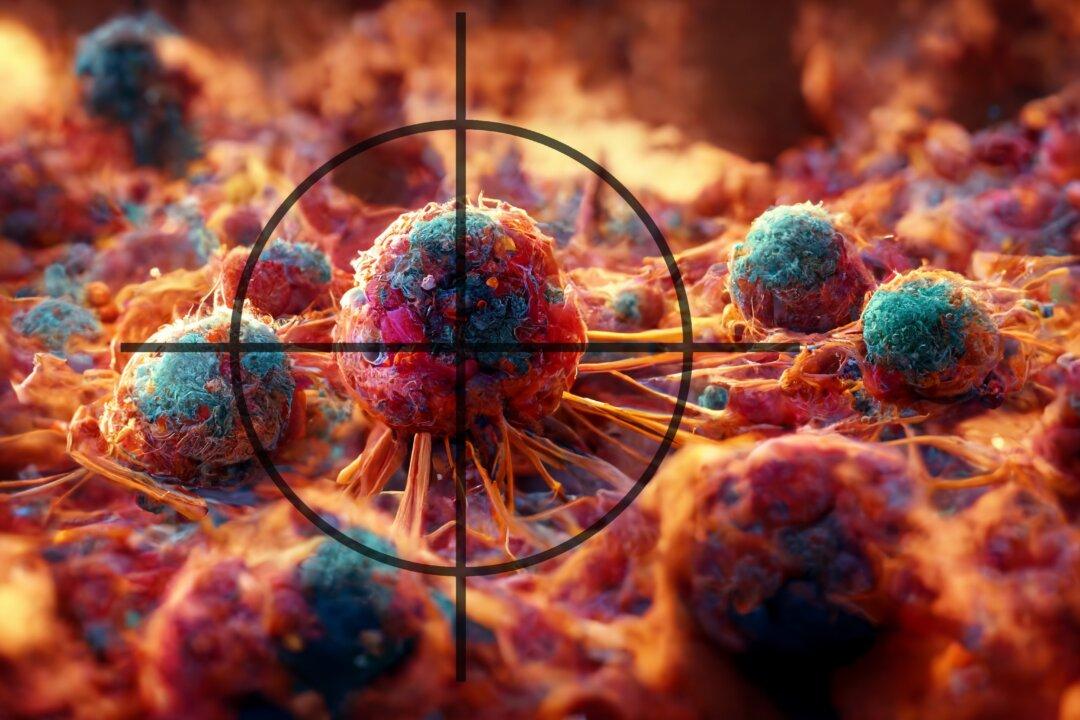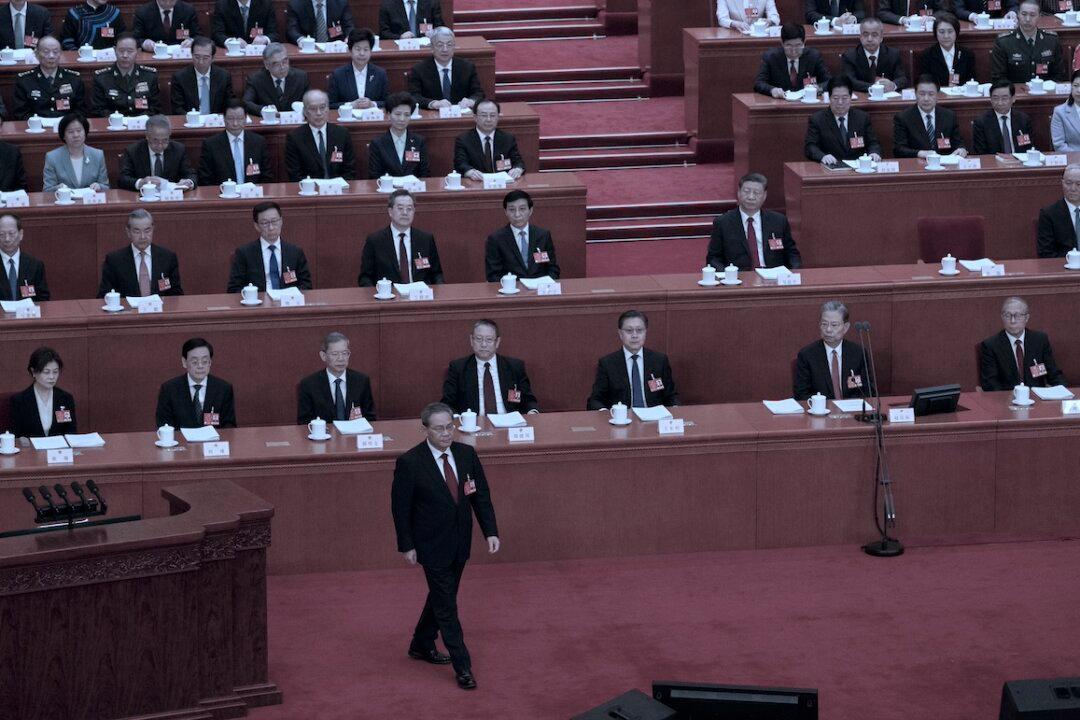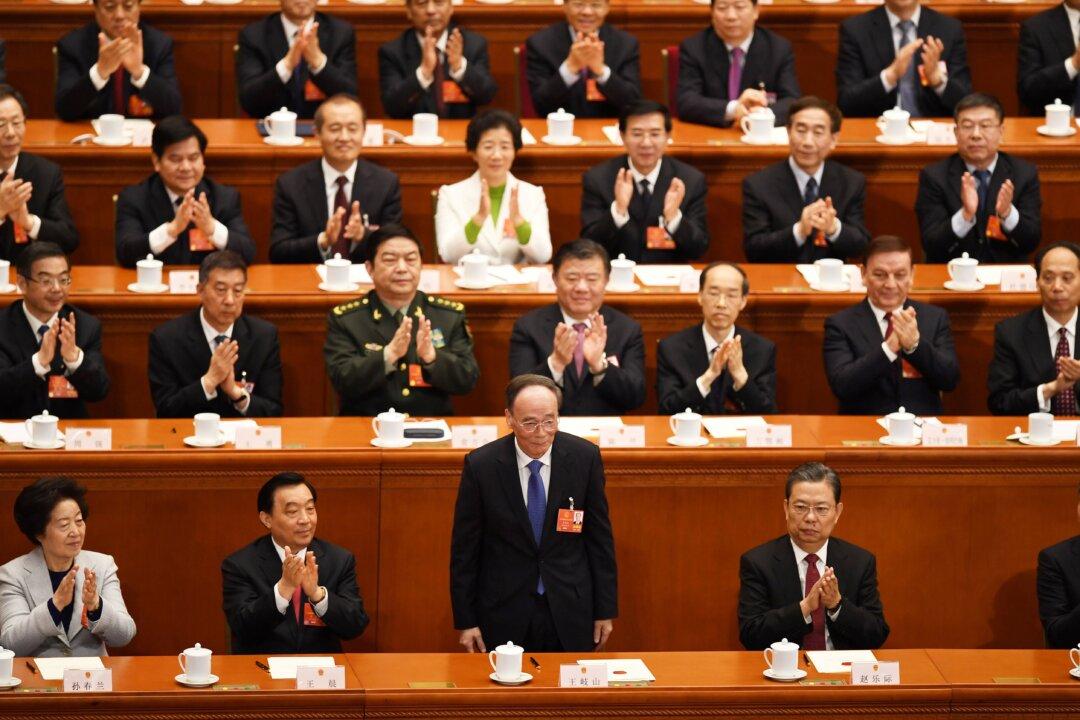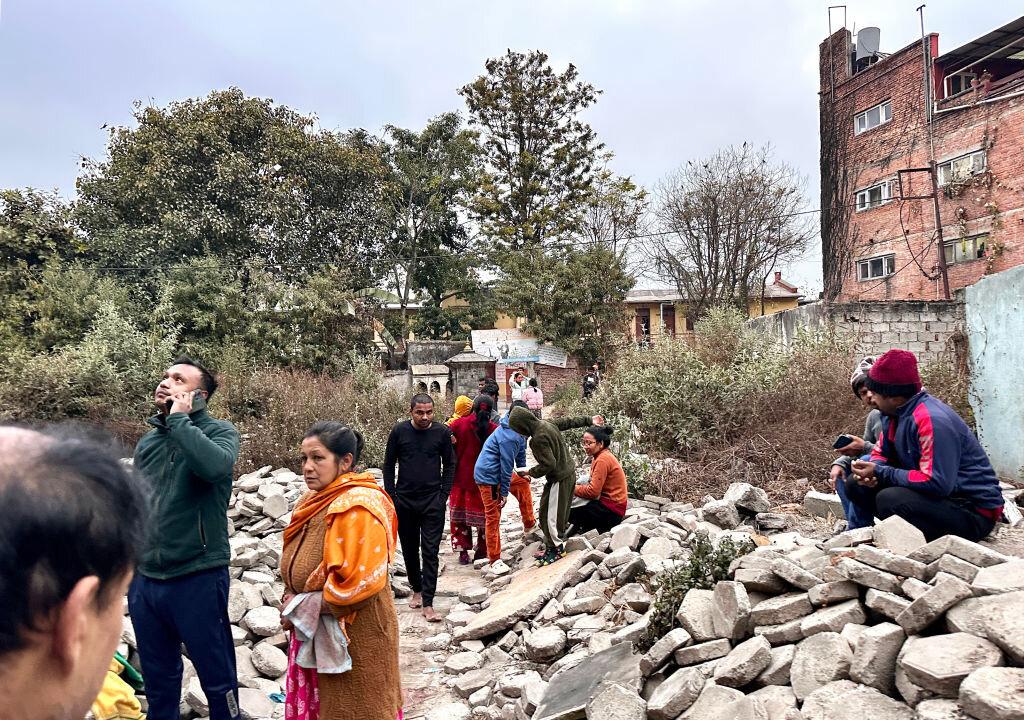A hospital in the southern Chinese city of Guangzhou was forced to issue a statement in response to social media claims that researchers at its breast cancer lab were diagnosed with a rare cancer around the same time.
The Sun Yat-sen Memorial Hospital released a “situation report“ on Nov. 8 in response to the online claims that began days earlier, claiming six researchers and students from the same lab had been diagnosed with cancer.





